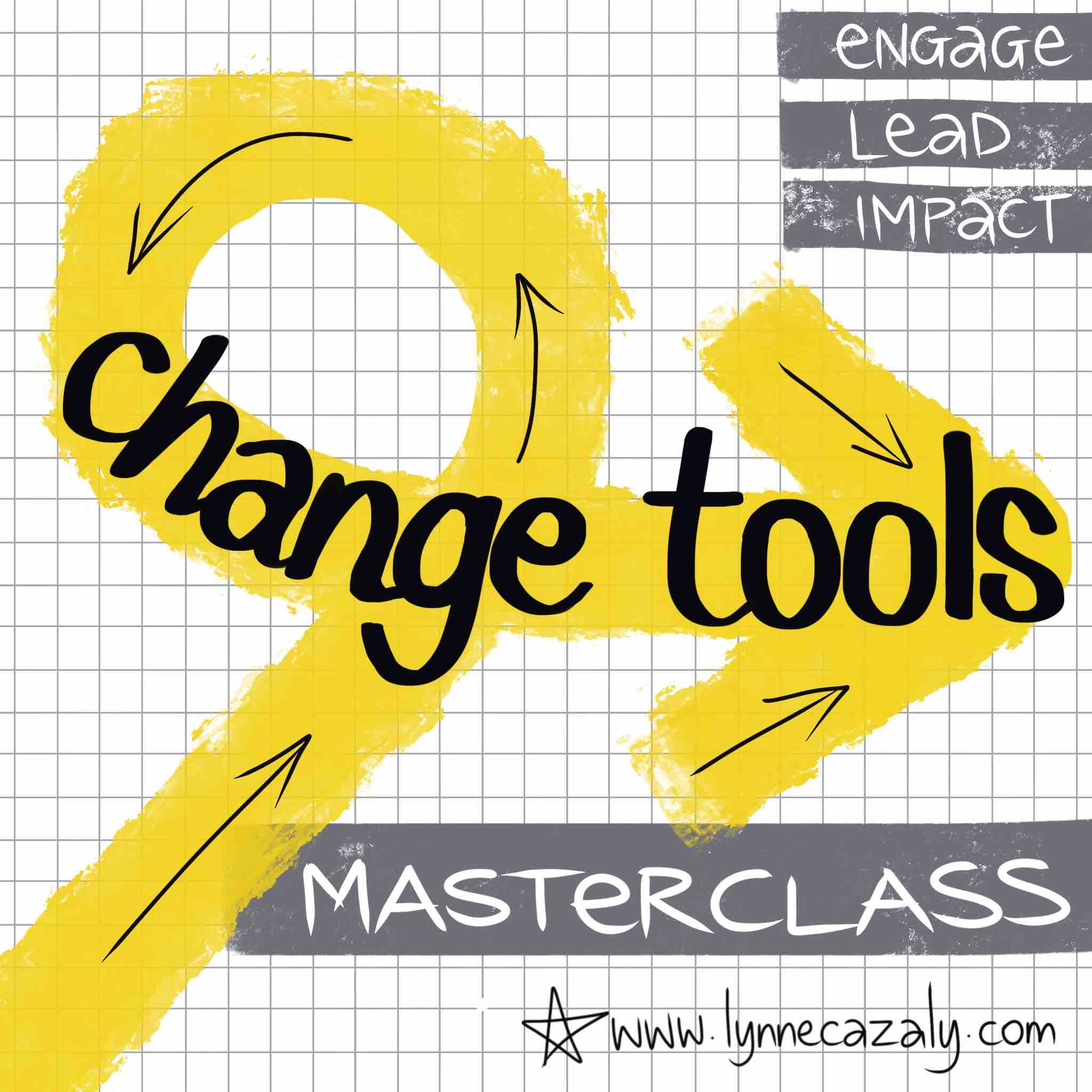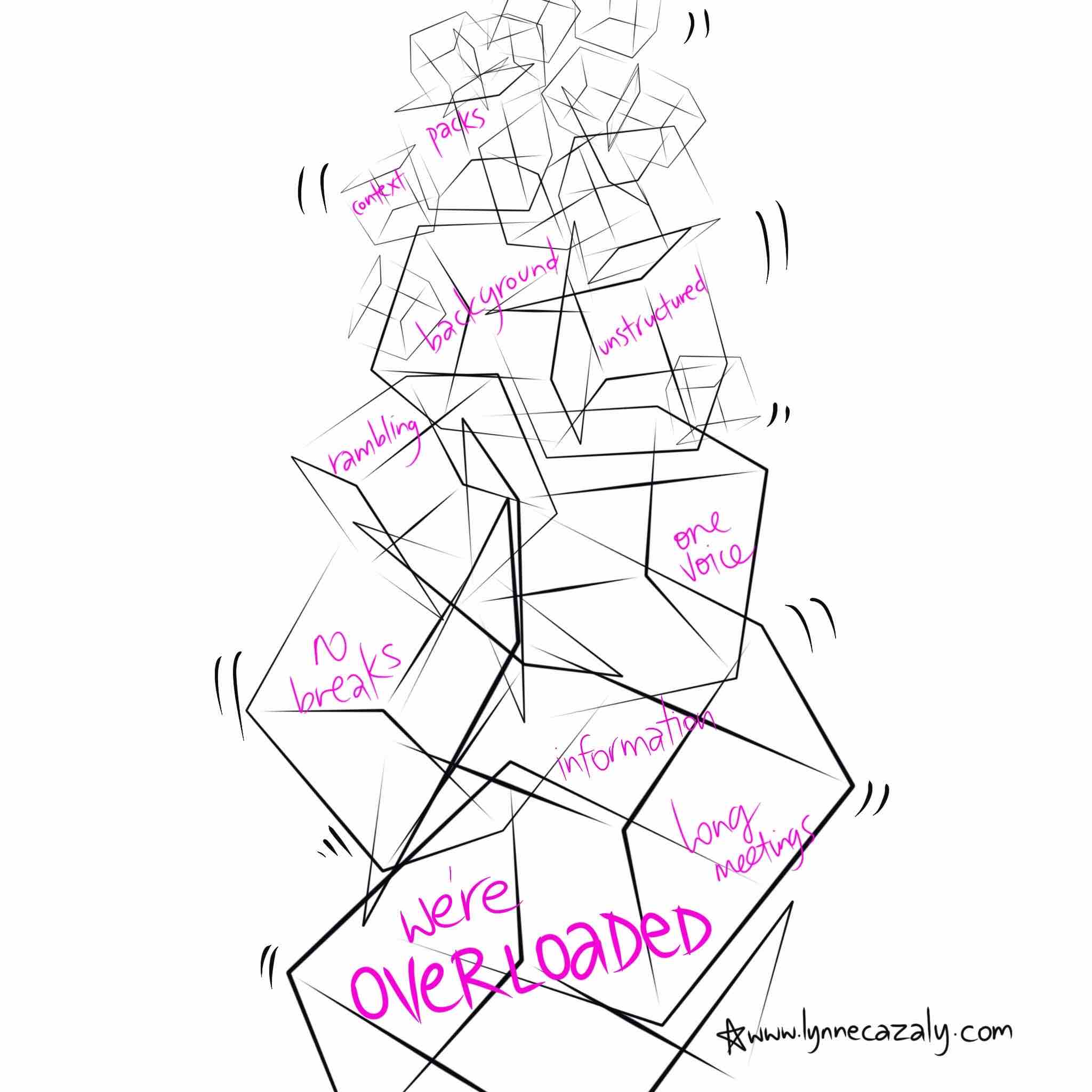Why every leader should take an improv class
 Wednesday, October 13, 2021 at 4:56PM
Wednesday, October 13, 2021 at 4:56PM Have you? If that’s a no, put it on your development list, right near the top.
And if you have, you know what I’m talking about.
In this crazy world of change, no one teaches better, trains better or helps us deal like an improv class.
The performers who make stuff up on TV and theatres the world over, moved things online during the pandemic, and they adapted nicely!
Here are five reasons why taking improv has got to be on your list for either an in-person class or an online one. Or a bit of both!
1. You’re constantly thinking on your feet
2. Communication is essential
3. Your nerves get tested
4. You fail a lot (I think this one, this one is what makes us more willing to experiment, try and have a go)
5. Growth becomes a mindset.
Read more in this article in Inc. Magazine by Jason Hennessey
And then sign up at your local improv troupe, group or club.
In Melbourne, that’s the wonderful Impro Melbourne and a big shout out to the wonderful people, teachers, performers and players like
Jason Geary
Patti Stiles
Lliam Amor
Rik Brown
Katherine Weaver
Jenny Lovell
In Perth, check out Glenn Hall !
Improv is where the great lessons, techniques and mantras like ‘yes and’ come from!
There’s plenty more to be had. As soon as you can, do it. Ready?




















